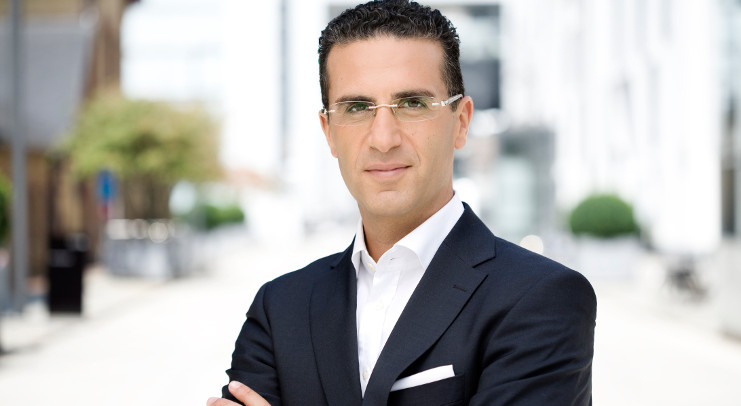Biography
Garo D. Reisyan was born in 1971, grew up in Mülheim an der Ruhr, Germany, and lives with his family of four in Cologne and Dubai.
From a young age he was interested in cultural and humanitarian issues. He founded an initiative to finance well-construction projects, hosted charity galas and participated in humanitarian projects of the German Red Cross.
His scientific and technical interest led him to study engineering, which he completed in March 1996 after nine semesters with distinction. In December 1996, his study performance was awarded for its excellence with the annual price of the German Association of Electrical Engineering (VDE).
In his nearly 30 years of professional experience, he held leadership roles at international companies, for example, as production department manager at Procter & Gamble, as principal at Droege Group or as group developer at Deutsche Bahn AG. He advised renowned German family businesses and DAX 30 companies as a top management consultant. Thereby, he led numerous strategic reorientations, reorganization projects and M&A’s. Since 2009, he works as an independent consultant and executive coach and accompanies corporate fitness projects, M&A’s and workplace culture improvements.
Since 1999, he is driven by his curiosity for human behavior in the workplace and for organizational culture. He soon acknowledged that culture has lot to do with the “moment of perception” and that the neurosciences significantly elucidate culture related brain processes, such as perceiving or judging what’s right or wrong.
In an effort of two and a half years, he developed and tested a new concept on organizational culture that integrates the latest findings from brain and emotion research. The concept that operationalizes many new insights into behavior within and outside of organizations is called “Neuro-Organizational Culture” and was published by Springer.
In the course of prolonged stays in remote regions of the world, he collected additional cultural experiences. For example, he crossed the jungle of Borneo (Kalimantan) on his own and lived several times at originally living indigenous tribes of South America and Sub Saharan Africa. He speaks six languages, four of them fluently.
The impact of the cultivation of mind and body on perception, information processing and the formation of opinions is a central area of interest to him. He is convinced, that cultural competence is “the” key discipline to cope with the challenges of the 21st century and that it’s a must for sustainable leadership–in organizations, but also with regard to entire societies. He seeks to contribute to greater cultural competence in organizations and the general public.





